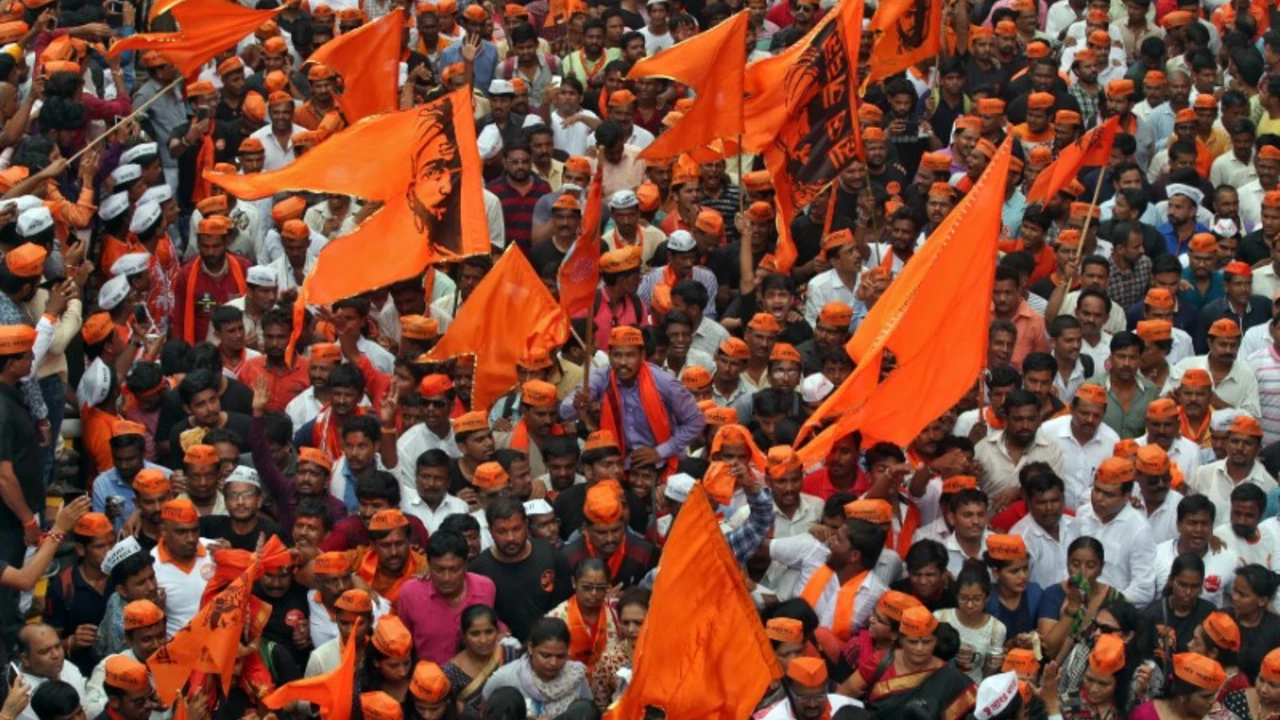Understanding the Maratha Quota
The Maratha quota, formally known as the Socially and Educationally Backward Classes (SEBC) Reservation, was sanctioned by the Maharashtra government to support the Maratha community. This caste-based reservation intended to provide Marathas with a certain percentage of reserved seats in education and government jobs. However, this year, the situation seems to be mutating, with the potential of the quota not being applicable.
Why is the Maratha Quota under Debate?
The 16% quota provided to the Maratha community, which makes up around 30% of Maharashtra's population, has been under intense scrutiny. Critics claim that it infringes on the 50% quota limit set by the Supreme Court for any state. The Bombay High Court upheld the reservation but reduced it to 12% in education and 13% in jobs. Nevertheless, the matter escalated to the Supreme Court, which has currently put a stay on the Maratha quota.
Impact on Maratha Students and Job Seekers
With the quota now in a judicial stand-off, thousands of Maratha students and job seekers are left in uncertainty. The stay on the quota means that they will have to compete in the open category, which has left many feeling anxious and disadvantaged. The quota was a beacon of hope for many in the community who face economic or social hardship. Its absence this year could potentially alter their entire career trajectory.
Reactions from the Maratha Community
Understandably, there is considerable unrest within the Maratha community. Protests and rallies have been organized, demanding the lifting of the stay on the quota. The community, already grappling with socio-economic issues, feels the stay on the quota is an additional blow that deprives them of opportunities. The dissatisfaction is palpable and widespread, and it is clear that the community is not willing to back down without a fight.
Government's Stance on the Issue
The Maharashtra government has been vocal about their support for the Maratha quota. The government believes that the quota is crucial to uplift the Maratha community and rectify historical injustices. However, given the legal complexities involved, the government's hands are tied. They are keenly awaiting the final verdict from the Supreme Court and have pledged to take necessary steps based on the outcome.
What Does the Future Hold?
The future of the Maratha quota is uncertain. It lies in the hands of the Supreme Court, which is expected to make a final decision soon. The outcome will not only affect the Maratha community but could also set a precedent for other states grappling with similar issues. It is a critical situation that demands careful consideration of legal, social, and political implications.
Concluding Thoughts
The Maratha quota issue is a complex one, entwined with matters of law, social justice, and politics. As we wait for a resolution, what is clear is that the quota is more than just a percentage - it is a lifeline for many in the Maratha community. Whether or not the quota will be applicable this year is uncertain, but the debate it has sparked about caste-based reservations is significant and will certainly shape the future of social justice in India.
